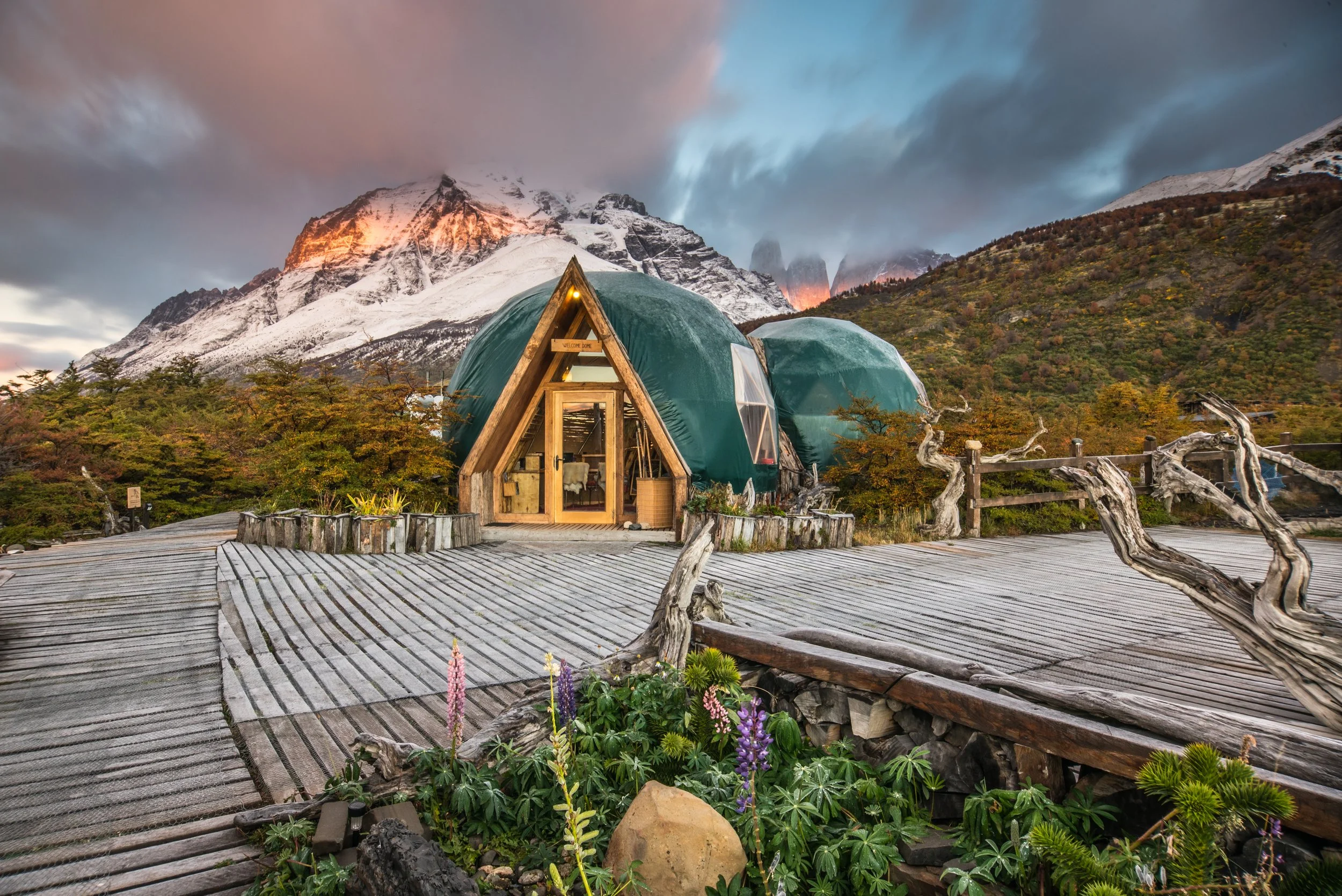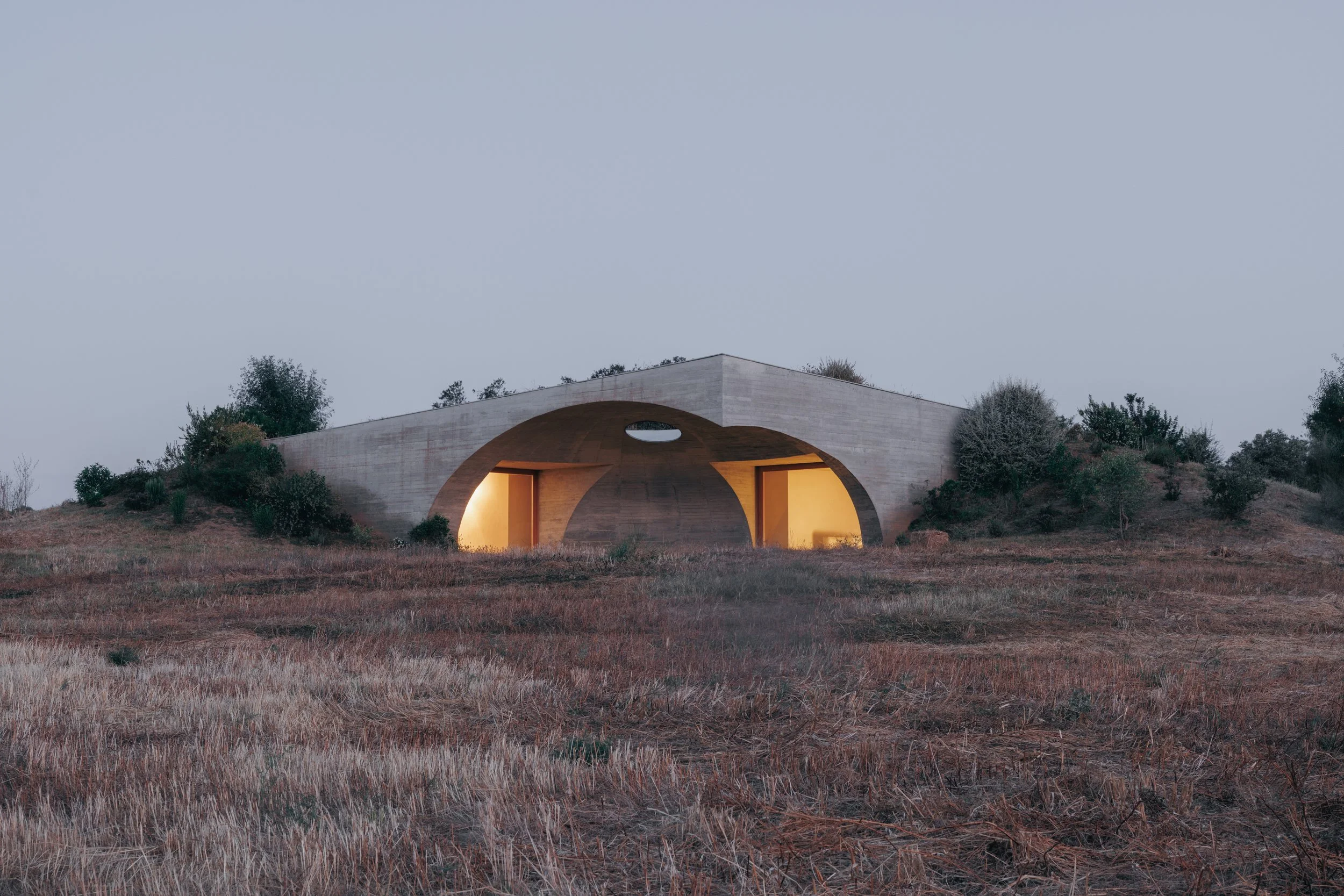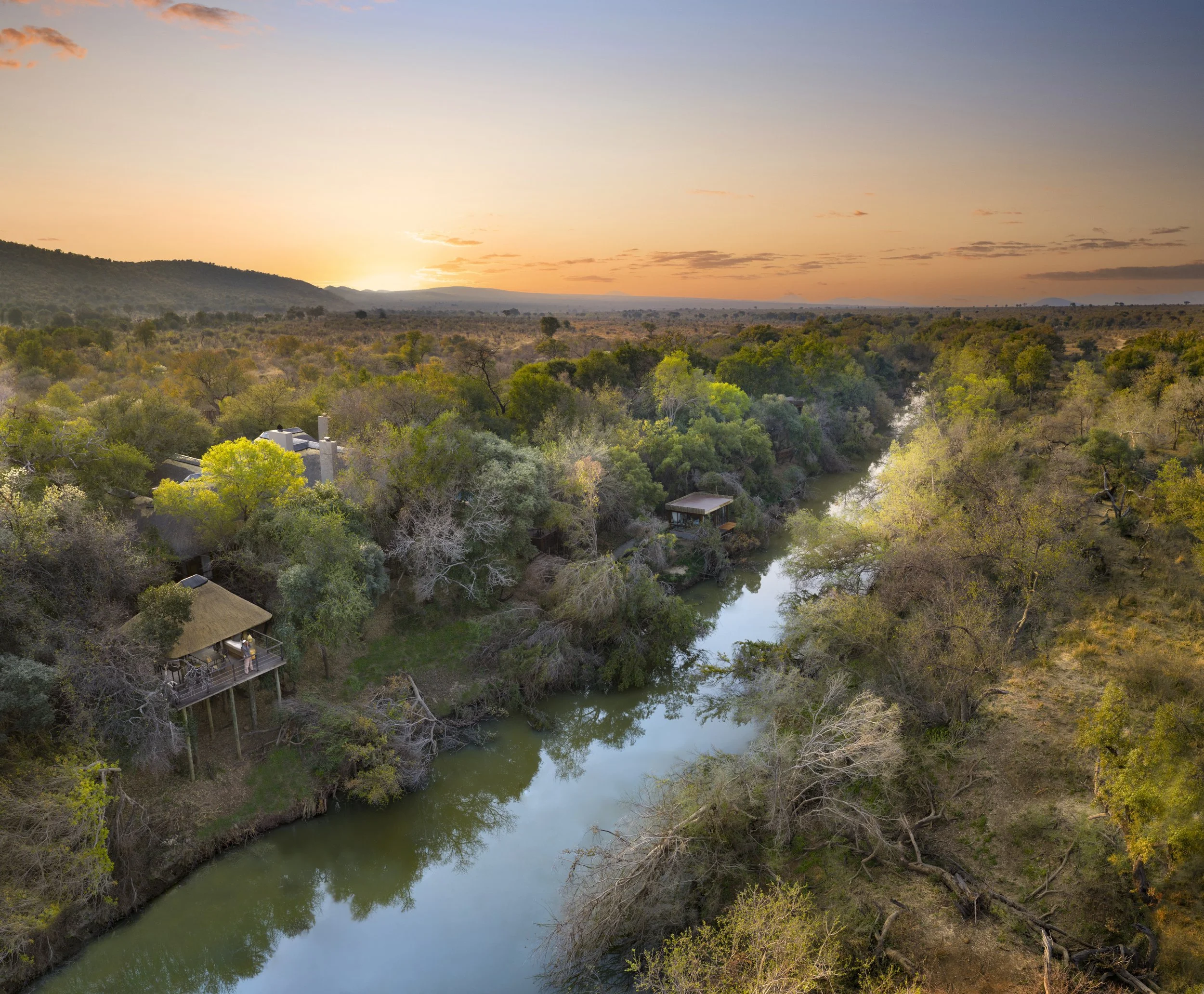It feels increasingly clear that what many travelers seek today is not movement, but stillness. A chance to step away from noise, to loosen the grip of routine, and to go somewhere remote enough to feel space around you again. These remote retreats offer something more meaningful than scenery. They offer quiet. Time. Air. A sense of returning to a rhythm shaped by land and light.
Across deserts, fjords, high plains, and quiet coastlines, a new kind of retreat is emerging. These are places built with intention, where architecture supports rest and nature sets the pace. Interiors are calm. Design is balanced. Stillness is the central experience. Whether it is the sweep of a Patagonian horizon, the hush of a volcanic plateau, or the soft rise of ocean wind, each place gives you room to breathe.
Pack lightly. Slow your breath. Let the world fall away.
EcoCamp Patagonia, Chile
EcoCamp was born from a desire to connect travelers more deeply with Patagonia’s raw nature, drawing inspiration from both African safari tents and the ancestral dome dwellings of the Kawesqar people. Set in the heart of Torres del Paine, the camp encourages guests to disconnect from devices and reconnect with wind, light, community, and the surrounding landscape. As the world’s first geodesic dome hotel and the only eco-lodge offering multi-day W Treks in its style, EcoCamp blends low-impact design with immersive programs that reveal the region’s flora, fauna, and cultural history.
Campi ya Kanzi, Kenya
A Maasai-owned eco-camp set in the volcanic Chyulu Hills, Campi ya Kanzi offers views stretching toward Mount Kilimanjaro and wide open plains shaped by lava, sky, and silence. Here, the guest experience is entirely rooted in conservation and local partnership, with stays centered on guided walking safaris, wildlife encounters, and deep connection to Maasai land. The camp reflects its founders’ long commitment to light-touch architecture, nature stewardship, and community benefit.
Sonop, Namibia
Built directly onto massive granite boulders in the Namib, Sonop places guests inside one of the world’s oldest deserts. The camp’s elevated canvas suites, soft desert light, and sweeping views create an atmosphere of stillness and scale. The experience is driven by Zannier’s philosophy of architecture that blends into nature with minimal impact, restoring a sense of rhythm through simplicity, quiet, and immersion.
Photography by the Property, courtesy of Sonop.
The Bolder, Norway
Designed by Snøhetta, The Bolder’s cabins hover above Lysefjord on steel stilts, placing guests directly within the drama of Norwegian nature. Every line serves the landscape: glass walls frame fjord, cliff, and shifting Nordic weather. The result is refined minimalism shaped by geological scale.
Kabn, Scotland
Kabn was created to redefine luxury as presence, quiet, and immersion in nature. The cabins were prefabricated to minimize environmental impact and designed in collaboration with architect Paul Miller. Influenced by Japanese and Scandinavian simplicity, they use natural materials, clean lines, and a minimalist palette that invites calm. Built entirely off-grid, the cabins foster a return to essential living: no TV, no distractions, only loch, forest, and slow time.
Casa na Terra, Portugal
Casa na Terra reflects Silent Living’s core belief that spaces should feel honest, calm, and rooted in place. Shaped by simplicity and silence, the house follows the philosophy described by founder João Rodrigues: design as quiet hospitality. The palette is restrained, materials are organic, and the architecture invites guests to slow down, breathe, and feel the presence of the landscape. Silent Living homes are chosen for their “quiet strength” — places that ask you to listen.
Kizikula, Zanzibar
Kizikula is a family-run retreat on Zanzibar’s remote southwest coast, just minutes from the fishermen’s village of Kizimkazi Dimbani. Created by two lifelong friends — one with Zanzibari roots — the project evolved from a shared dream of building a home by the sea. The property is intentionally simple: a communal layout, hand-built structures, and natural materials shaped by surrounding nature. Set on a permaculture farm, Kizikula attracts honeymooners and travelers drawn to quiet, rugged coastlines and a deeply personal sense of place.
Instants d’Absolu, France
Set on Lac du Pêcher in the Auvergne, Instants d’Absolu treats nature not as scenery but as its DNA. The volcanic landscape dictates the architecture, the pace, and even the cuisine, which follows short supply chains and local ecosystems. Guests are invited into the “Absolutes”: silence, vastness, star-filled skies, and an absence of screens. The lodge is a sanctuary shaped by raw beauty, slow seasons, and a philosophy that sees nature as a master of life.
Azul Nomeolvides, Mexico
Created by an architect and a photographer as both home and retreat, Azul Nomeolvides sits immersed in the jungle at the edge of the Bacalar lagoon. The structures follow bioclimatic principles: high-pitched roofs capture airflow, permeable walls allow the space to breathe, and every angle prioritizes lagoon views while minimizing environmental impact. Entirely off-grid, the retreat produces its own power, treats its own water, and collaborates with local artisans and community. Guests come for slow living, nature immersion, and the quiet presence of the lagoon.
Morukuru Owner’s House, South Africa
Originally the owners’ own holiday home, Morukuru Owner’s House is a two-bedroom exclusive-use residence set along the Marico River in the Madikwe Game Reserve. It embodies the Morukuru Family philosophy: deeply personalized service, absolute freedom to design one’s own schedule, and an emphasis on conservation woven into every stay. Guests return for the people — guides, chefs, butlers — and for the emotional connection created through the Morukuru Freedom Concept.










